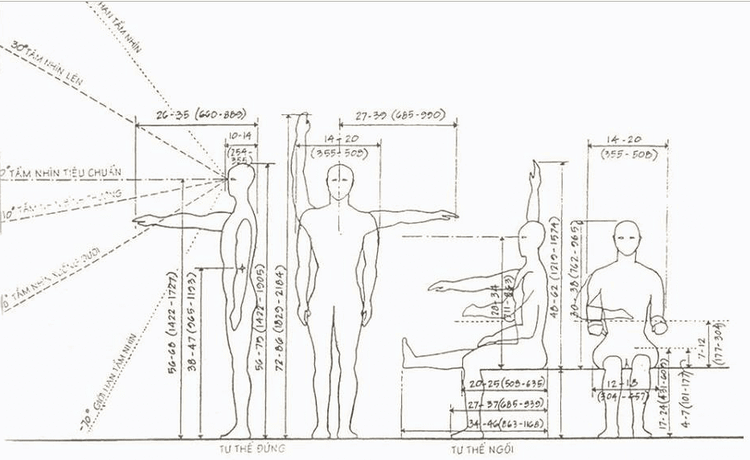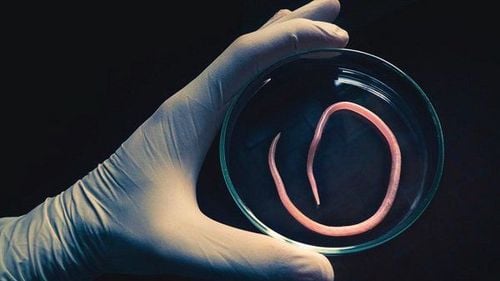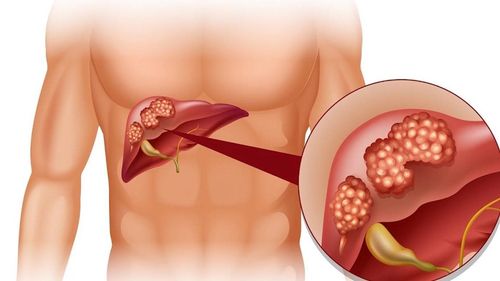This is an automatically translated article.
Chronic lack of energy can directly affect intellectual health and work productivity. However, this disease can be prevented and improved with the right treatment.
1. What is the lack of energy on a regular basis?
Chronic energy deficiency is abbreviated as CED (chronic energy deficiency) indicating an imbalance between energy supply and energy expenditure leading to body weight and low energy reserve. People with chronic lack of energy have low energy metabolism.
Accordingly, CED has various degrees of severity, based on the balance between energy supplied and energy consumed. For a person who leads a healthy eating lifestyle, with adequate food intake, body weight and body energy reserves are within the normal or balanced range, health will not be impaired and physiological function will not be impaired. Unaffected. The energy supplied will be used for bodily functions including maintaining optimal body temperature as well as storing various forms of energy such as carbohydrates, fats and proteins after a meal. However, the steady state will cease as the energy supply decreases or the demand for energy increases. In response to this change, the body will have a weight loss but not provide essential energy. An increased energy imbalance leads to marked changes in body weight as well as in the quantity and quality of energy produced. Thus, long-term energy deficits are reflected by both changes in body weight and activity patterns.
2. How is CED diagnosed?
One of the simplest ways to diagnose CED in adults is to use anthropometry because it is not complicated and reliable. The collection of information supporting the diagnosis is not as complicated and easy as information about height, weight or some combination of weight and height.
When anthropometrics are used to assess CED, it is important that we assess the range of height and weight indices that are appropriate for the purpose. While different types of indices may be used, body mass index (BMI) may be ideal for evaluating CED.

Chẩn đoán CED bằng biện pháp nhân trắc học
3. Causes of chronic lack of energy
CED is a health condition affected by many factors. The main cause of CED is a lack of dietary energy. At each stage of development, the body needs to have a suitable nutrition regimen to ensure adequate supply of nutrients, if nutritional deficiencies will lead to CED status. Besides, the lack of medical and sanitary conditions leading to infections or parasites that directly affect health is also the cause of chronic lack of energy.
However, there are cases that are not due to health conditions, but due to high-energy-consuming activities without a timely and adequate compensation regime for wasted energy, which also leads to a lack of energy. theater energy.
4. Harm of long-term lack of energy.
For pregnant women, with CED, there is a risk that the baby will be malnourished or the baby may die. The chronic lack of energy also has a direct effect on the mother's body with its susceptibility to infections due to a weakened immune system.
Long-term energy deficiency in childhood causes stunting and reduced stature in adulthood, leading to reduced economic productivity. If you want to have a strong body in adulthood, you need to pay attention to reducing the factors that lead to stunting in childhood.

Thiếu hụt năng lượng lâu dài ở thời thơ ấu
5. Solutions for CED
5.1 Improve Diet The root cause of chronic energy deficiency is nutritional deficiencies. Therefore, improving nutrition through diet plays a very important role. The formation of hygienic eating habits combined with providing enough protein to provide nutrients for the body. Iron deficiency is quite common in people with chronic lack of energy, especially women after giving birth. Iron supplementation to avoid iron deficiency anemia also contributes to the prevention of chronic energy deficiency.
5.2 Take Prevention of Parasitic Infections Infection with parasites such as helminths is also a cause of anemia and leads to CED. To avoid this, we should practice hygienic eating habits, combined with periodic deworming to prevent worms and other parasites.
CED is a chronic nutrient deficiency with health and economic consequences. Identifying the cause and providing adequate nutrients to the body is an effective way to prevent this disease.

Định kỳ tẩy giun sán
Hope the information Vinmec International General Hospital has just shared will bring useful information to everyone. From there, you and your loved ones will maintain a healthy lifestyle, eat scientifically to protect the best health.
Reference sources: thuvienykhoa.vn, dinhduong.online, fao.org
MORE:
Eat science, live healthy Exercise: Choose morning or evening? Eyes need exercise too













